Swiss Voters Back its Covid-19 Certificate
27th November 2021
Last modified on November 28th, 2021
The referendum was held on Sunday as cases rise sharply. Switzerland has one of the lowest vaccination rates in western Europe. It is the second vote in the last 4-months on Covid19 measures. UPDATED
UPDATE, SUNDAY PM:
A clear majority of Swiss voters have backed the Covid-19 health certificate.
24 of the alpine country’s 26 cantons haves supported the current law on health certificates.
The canton of Schwyz and Appenzell Inner Rhoden rejected the policy.
The result supports the government’s stated policy of avoiding lockdowns while keeping the economy and wider society open and moving.
In June 2021 groups wanting restrictions eased organised a referendum against the Swiss Covid-19 Act.
The last vote saw 60.2% of voters endorse the current law.
Now the referendum was against the Covid-19 certificate that is issued to people who have been fully vaccinated, recovered or tested negative for the virus.
Several resorts in Switzerland are already offering skiing – including Zermatt, Saas-Fee, Engleberg, Davos/Klosters, Laax and St Moritz.
The organisers of the referendum claimed it creates discrimination and division within society by indirectly forcing people to get vaccinated and describes it as ‘state access to our body’.
Most political parties, the Federal Council and supporters say the certificate helps in the battle against Covid-19.
Cases are currently rising sharply in Switzerland with increased pressures on hospitals.
There are currently 508 confirmed cases of Covid-19 per 100,000 of population over a 7-day period in Switzerland.
It is more than double that in Austria – 1,094.
But considerably less in France (246) and Italy (123).
The figures were released on Friday 26th November.
More than 8,032 new infections within 24-hours were recorded in Switzerland on 25th November.
Cases are rising by up to 50% each week.
The government says the current situation is “critical” but has not wanted to introduce further restrictions ahead of Sunday’s vote.
Hospitals are under increasing threat from being overcrowded.
The vaccinating rate in Switzerland is one of the lowest in western Europe with just 65% of adults double -jabbed, that’s the same rate as Austria which has just gone into a nationwide lockdown.
The result of the referendum has been welcomed by most political parties.

Bernese Oberland, Switzerland. Image © PlanetSKI.
Currently a health certificate is not needed to use ski lifts in Switzerland, though masks must be worn.
A health pass is needed to use ski lifts in neighbouring Austria, France and Italy.
- France extends Pass Sanitaire requirement to ski lifts
- Italy tightens Covid-19 restrictions
- Austria goes into lockdown but skiing can continue
Last winter the ski resorts remained mainly open across Switzerland, while they closed or were restricted to locals only in the other main alpine nations.
PlanetSKI’s Mark Urban visited Switzerland at the end of the season in April 2021 to assess the policy:

Mark Urban, PlanetSKI, Switzerland.
“From the start of the pandemic the Swiss government has performed a tricky balancing act, trying to introduce measures to control the spread of Covid, while still staying true to Switzerland’s system of direct democracy, in which the government has little formal power and the people have the final say,” says the BBC’s Imogen Foulkes in the Swiss capital, Bern.
Follow the link for her full article on the situation in Switzerland.
Rules in Switzerland
Anyone aged 16 and over must show the Covid-19 certificate to enter indoor spaces like restaurants, bars, cafes, theatres, cinemas and museums.
Masks must be worn.
Anyone over 16 entering Switzerland who has not been vaccinated against or recovered from the virus must provide a negative Covid test result, then another negative test 4-7 days after entry into the country.
Masks are not required on outside areas.
Large events of over 10,000 people can take place provided attendees show a Covid certificate.
People can be fined CHF50-CHF200 (£40 – £162) for breaking the rules.
More than 10,900 people have died in connection with Covid-19 in Switzerland since the pandemic began.
It has a population of 8.7m.

Image © PlanetSKI










